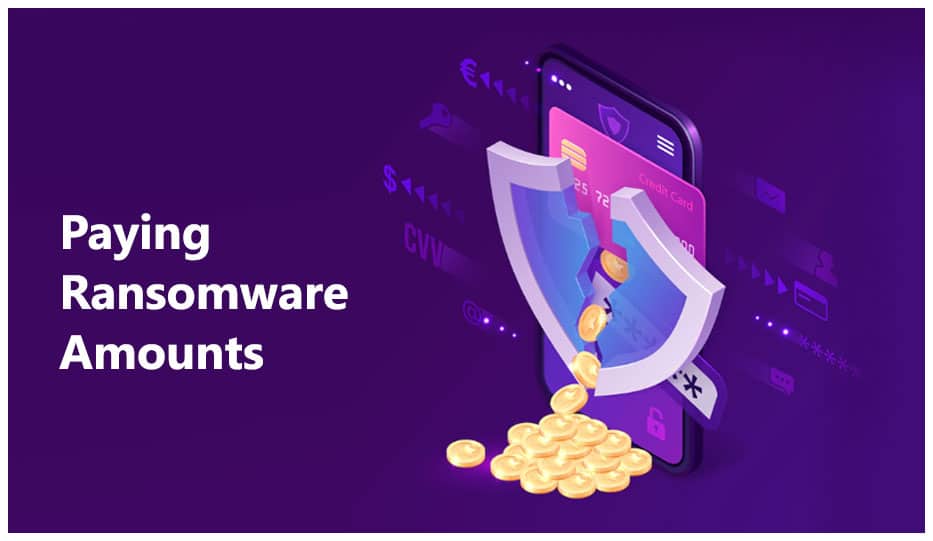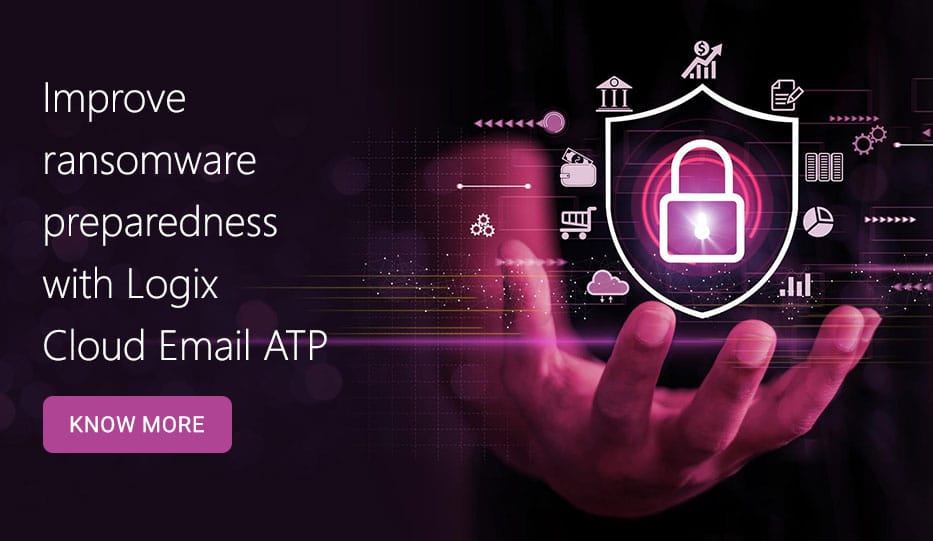
Ransomware is a nasty problem to have. With one mindless click or an unwitting file download, your entire organization faces business interruptions and the risk of data leakage. To recap briefly, a ransomware is a type of cyber threat in which hackers gets into your system, lock out all your data, and leave a note demanding a ransom in return for the decryption key. Along with data recovery, victims of ransomware have another valid concern: should they be paying ransomware amounts?
So, should you be paying ransomware demands?
While at the surface, the obvious answer would be yes, things are not so simple anymore. Paying ransomware can sometimes create more problems than it solves. We recommend considering the following factors before making the decision to pay ransomware demands.
Reputation in the cyber world
News spreads, even in the dark corners of the cybercrime world. Once ransomware groups understand you are prone to panicking and paying off the ransomware attackers, you are likely to be targeted again and again. You do have to send a message to the perpetrators and other hackers that you will not bend under their will.
Legal concerns
While it is not illegal to pay off ransomware demands when your data is at stake, governmental authorities have their own stance on this issue. For instance, the US government and cybersecurity departments strongly discourage ransomware victims to pay the amount. Big names like the FBI, CISA, NCSC have often warned victims not to pay the ransom.
Against this backdrop, victims of ransomware may feel pressure not to pay the ransom amounts because they feel legal action will be taken against them. Although this not strictly true, this is one of the factors to consider while debating the payment of ransom demands.
The efficiency of LEAs
Law enforcement agencies are apprehensive about recovery from a ransomware attack. Therefore, victim organizations sometimes think they would not receive the full cooperation and support from authorities. If so, would it be better to just pay the perpetrators and be done with it? Organizations sometimes take this stance. However, times are changing, and cybersecurity authorities have grown more diligent and mindful towards victims of cybercrime.
The uncertainty of recovery
For one thing, there is no guarantee that the hacker will actually give you the decryption key after receiving the amount. Another trend recent trend is hackers selling the data on the dark web for sale. So, even if you pay the amount and do receive the decryption key, chances are your data is already exposed!
Preventing and dealing with ransomware
We already have a handy guide on ransomware prevention that will help you prevent such incidents at your organization. However, in the event you do fall victim to ransomware, the first thing to remember is that panic servers no purpose. In fact, it only adds to the growing hysteria. Instead, prioritize your data safety and take concrete measures to recover your data securely.
If possible, employ the services of rapid response team that can negotiate with the perpetrators and try to bring down the ransom demand.
Another thing that helps is to have multiple copies of data maintained on cloud environments. This prevents your organization from the facing business interruptions and stoppages.
